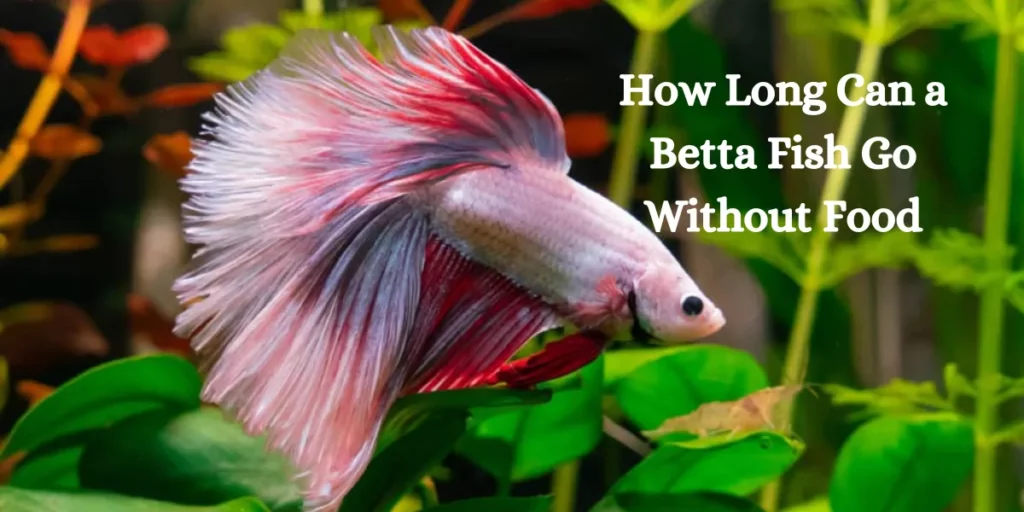How Long Can a Betta Fish Go Without Food? Exploring Feeding Duration
Introduction
Betta fish, also known as Siamese fighting fish, are popular aquarium pets cherished for their vibrant colors and unique personalities. Proper care is crucial to their well-being, including providing them with a suitable diet. But have you ever wondered how long a betta fish can go without food? Let’s delve into this question and uncover essential care tips to ensure the health and longevity of your betta companion.
Understanding the Survival Period of Betta Fish Without Food
Adaptations and Behavior
Betta fish are native to the rice paddies, slow-moving streams, and shallow ponds of Southeast Asia. These habitats are characterized by fluctuating food availability due to seasonal changes. As a result, bettas have evolved to endure short periods without food by slowing down their metabolism. This adaptation enables them to conserve energy and survive in harsh conditions.
Factors Influencing Survival Duration
The length of time a betta fish can go without food depends on several factors, including its age, overall health, and pre-existing conditions. Younger bettas generally have a faster metabolism and may require more frequent meals compared to older individuals. Healthy bettas also tend to tolerate food scarcity better than those with compromised immune systems or underlying health issues.
Arwana Fish: The Arwana fish, often referred to as the “dragon fish,” is renowned for its majestic appearance and graceful movements. With its elongated body, distinctive scales, and captivating colors, the Arwana is a prized possession in the world of aquarium enthusiasts. Known for bringing good luck in various cultures, this fish demands meticulous care due to its sensitive nature. Its compatibility with other fish species is limited, making it ideal for species-exclusive tanks that showcase its unparalleled beauty.

Signs of Malnourishment and Hunger in Betta Fish
To determine if a betta fish is hungry or malnourished, it’s important to recognize the following signs:
Reduced Activity and Lethargy
A hungry or malnourished betta may display lethargy and spend more time resting at the bottom of the tank. This behavior is a result of conserving energy due to lack of food.
Loss of Vibrancy
Proper nutrition enhances the vibrancy of a betta fish’s colors. If the fish appears dull or faded, it could be a sign of inadequate nutrition.
Sherry Fish: The Sherry fish, a lesser-known yet fascinating choice for aquarium hobbyists, boasts intricate patterns and a unique demeanor. Its tranquil nature and captivating behavior make it an intriguing addition to community tanks. With proper tankmates and a well-maintained environment, the Sherry fish can thrive and exhibit its natural schooling behavior. Although not as widely celebrated as some other species, the Sherry fish has the potential to become a charming and harmonious member of your aquatic showcase.
Weight Loss and Sunken Appearance
Severe hunger or malnourishment may lead to weight loss and a sunken appearance in the area between the betta’s head and dorsal fin.
Guidelines for Feeding Your Betta Fish
To ensure the well-being of your betta fish and prevent malnourishment, follow these feeding guidelines:
Regular and Balanced Diet
Offer a variety of high-quality betta pellets, flakes, and freeze-dried treats. A balanced diet helps provide essential nutrients required for optimal health.
Portion Control
Overfeeding can be as harmful as underfeeding. Feed your betta small portions that they can consume within 2-3 minutes, typically 2-3 times a day.
Scheduled Fasting
How Long Can a Betta Fish Go Without Food can tolerate short fasting periods, simulating their natural environment. Consider a fasting day once a week to mimic their natural feeding patterns.
While betta fish can endure short periods without food due to their evolutionary adaptations, providing them with a consistent and nutritious diet is essential for their well-being. Understanding their behavior, needs, and the signs of hunger will contribute to a long and healthy life for these captivating aquatic companions.









